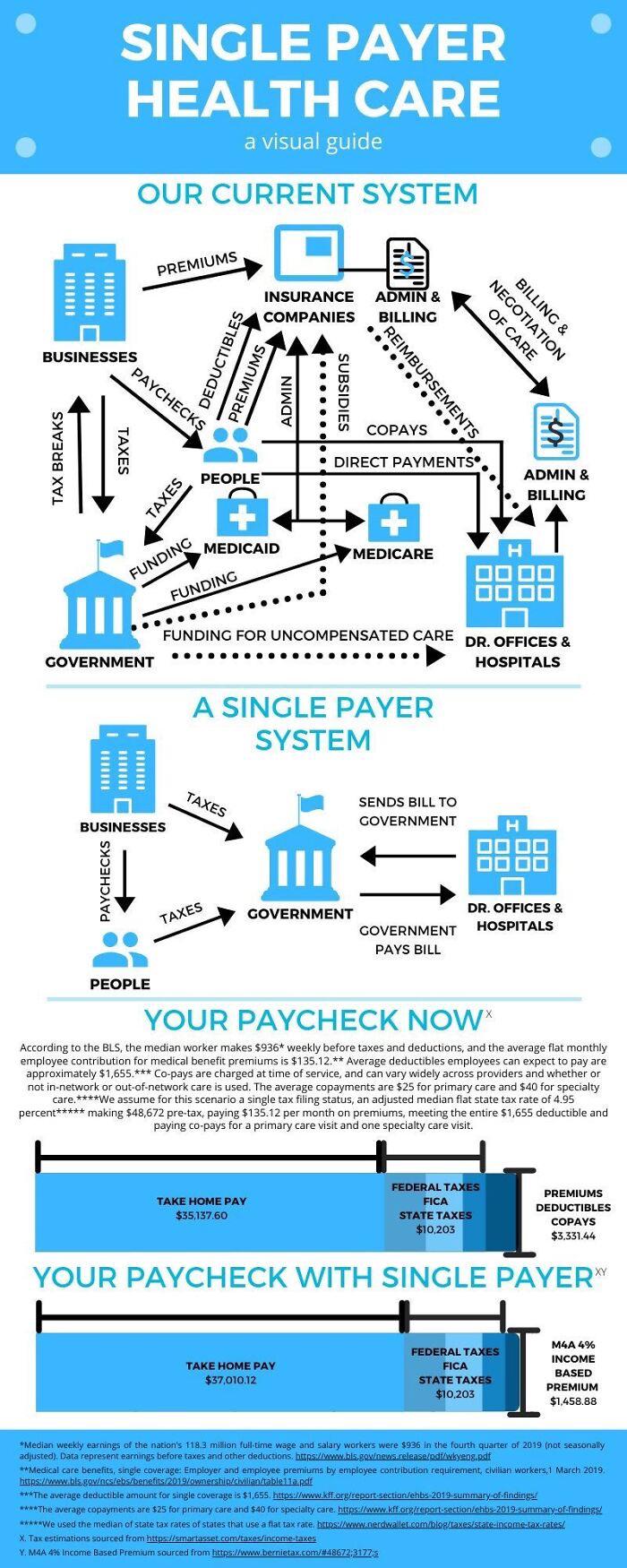Cool Guides
Rules for Posting Guides on Our Community
1. Defining a Guide Guides are comprehensive reference materials, how-tos, or comparison tables. A guide must be well-organized both in content and layout. Information should be easily accessible without unnecessary navigation. Guides can include flowcharts, step-by-step instructions, or visual references that compare different elements side by side.
2. Infographic Guidelines Infographics are permitted if they are educational and informative. They should aim to convey complex information visually and clearly. However, infographics that primarily serve as visual essays without structured guidance will be subject to removal.
3. Grey Area Moderators may use discretion when deciding to remove posts. If in doubt, message us or use downvotes for content you find inappropriate.
4. Source Attribution If you know the original source of a guide, share it in the comments to credit the creators.
5. Diverse Content To keep our community engaging, avoid saturating the feed with similar topics. Excessive posts on a single topic may be moderated to maintain diversity.
6. Verify in Comments Always check the comments for additional insights or corrections. Moderators rely on community expertise for accuracy.
Community Guidelines
-
Direct Image Links Only Only direct links to .png, .jpg, and .jpeg image formats are permitted.
-
Educational Infographics Only Infographics must aim to educate and inform with structured content. Purely narrative or non-informative infographics may be removed.
-
Serious Guides Only Nonserious or comedy-based guides will be removed.
-
No Harmful Content Guides promoting dangerous or harmful activities/materials will be removed. This includes content intended to cause harm to others.
By following these rules, we can maintain a diverse and informative community. If you have any questions or concerns, feel free to reach out to the moderators. Thank you for contributing responsibly!
view the rest of the comments

I'm all for single payer in the US but this diagram is a bit misleading.
What I assume you're really gutting are profits and shareholders for insurance companies. (Good, because healthcare in my opinion should not be a profit driven business in any respect.)
What I fear, however, is who is in power at any given time might change the care you receive if such a system isn't setup with safeguards and ironclad mandates.
For instance, Republicans would absolutely attempt, through legislation, executive order, and the courts, to implement an effective federal ban on abortion or healthcare for trans and LGBTQ groups by changing how/if a single payer system would cover these services.
I would also be worried about the public availability of coverage data such that lists of frequent providers for these services are easily obtained and become a tool for harassment by religious zealots.
Or, imagine an anti-vaxxer put in charge of the program during the next pandemic.
How do other countries deal with these issues? Or, have politics become so broken in the US that this is a somewhat uniquely American problem?
Canada deals with some of those problems by having a separation of state and medicine similar to our separation of state and church.
For example, I think we are the only country in the world with no abortion law. It's a medical procedure, so it's left to the medical community to develop standards of care and standards of practice.
It's not perfect, but it's worked out quite well since the 1980s. There were some major cases that led to our abortion laws being struck down by the courts and no government has yet had the courage to introduce new legislation of any kind.
That sounds really nice. We should try separating the state from medicine in America. Heck while we’re at it we could separate the state from religion
Considering one entire half of our political establishment is trying to do away with the separation of church and state altogether, I don’t think we’re gonna have a lot of success with that in the near future, unfortunately.